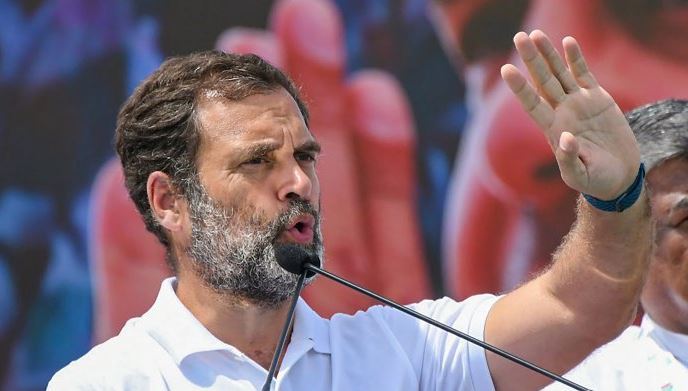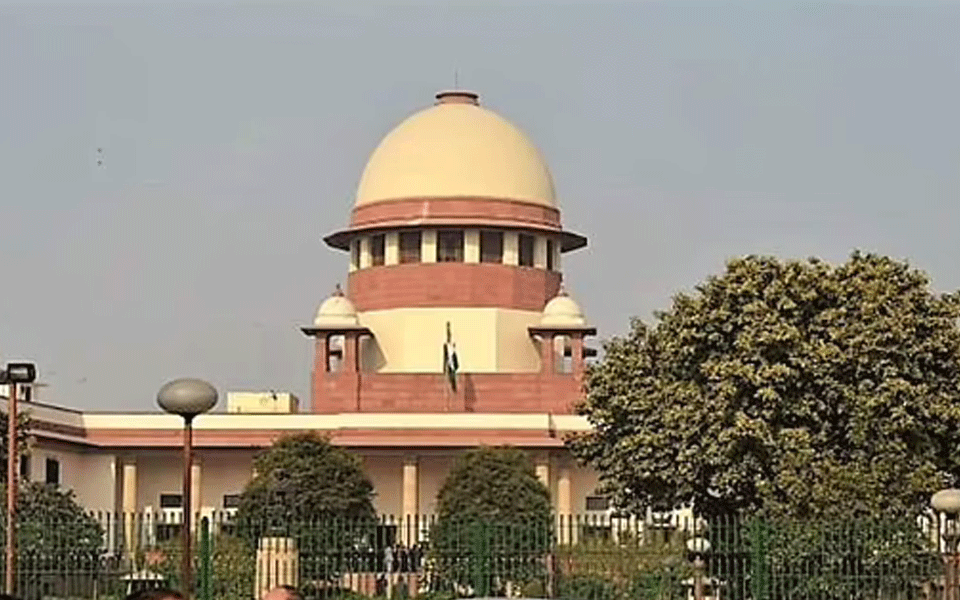New Delhi, Aug 4 : Three High Court judges were on Saturday appointed to the Supreme Court, including K.M. Joseph, the Chief Justice of Uttarakhand High Court, ending a standoff between Centre and the judiciary.
The President signed the warrants of appointment of Justice Joseph, Madras High Court Chief Justice Indira Banerjee and Orissa High Court Chief Justice Vineet Saran.
"In exercise of the power conferred by the clause (2) of the article 124 of the Constitution of India, the President is pleased to appoint Justice K.M. Joseph, Chief Justice of the Uttarakhand High Court, to be a Judge of the Supreme Court of India with effect from the date he assumes charge of his office," said the notification of Justice Joseph.
The total number of judges in the apex court would now be 25, against the sanctioned strength of 31. With the appointment of Justice Banerjee, the top court would have three female judges.
The top court collegium had reiterated its January 10 recommendation saying it had noted that there was nothing adverse regarding suitability of Justice Joseph in the two communications sent by Law Minister Ravi Shankar Prasad while returning the recommendation for reconsideration.
Recommending Justice Joseph's elevation to the top court, the collegium said: "The collegium considers that at present Justice K.M. Joseph is more deserving and suitable in all respects than other Chief Justices and senior puisne Judges of High Courts for being appointed as Judges of the Supreme Court."
The government had, however, sent the files back to the collegium to reconsider Joseph's name, invoking the principle of seniority, saying that he stood at number 42 in the seniority of High Court Judges and that there were 11 Chief Justices of High Courts senior to him.
The government had also flagged the issue of non-representation of judges from the Scheduled Castes and Tribes in the apex court.
However, the general perception was that Justice Joseph had earned the displeasure of the central government after a bench headed by him ruled against the imposition of President's rule in Uttarakhand.
Let the Truth be known. If you read VB and like VB, please be a VB Supporter and Help us deliver the Truth to one and all.
New Delhi (PTI): Congress leader Rahul Gandhi on Monday launched a fresh attack on External Affairs Minister S Jaishankar, saying his silence on the number of aircraft India "lost" after Pakistan was "informed" about the military action under Operation Sindoor is "damning".
The Congress leader had earlier also targeted the government on the issue, suggesting that the Indian side informed Pakistan ahead of the military strikes on terrorist infrastructure in Pakistan and Pakistan-occupied Kashmir (PoK).
"EAM Jaishankar's silence isn't just telling, it's damning. So I'll ask again: How many Indian aircraft did we lose because Pakistan knew?" he asked in a post on X.
"This wasn't a lapse. It was a crime. And the nation deserves the truth," Gandhi also said.
Gandhi had earlier shared an undated video clip of Jaishankar and wrote, "Informing Pakistan at the start of our attack was a crime. EAM has publicly admitted that GOI (government of India) did it."
"Who authorised it? How many aircraft did our air force lose as a result," the Leader of the Opposition in Lok Sabha had asked.
The Ministry of External Affairs had described as "utter misrepresentation" claims that Jaishankar acknowledged that India alerted Pakistan before the launch of Operation Sindoor on May 7.
"The external affairs minister had stated that we had warned Pakistan at the start, which is clearly the early phase after Operation Sindoor's commencement," the external publicity (XP) division of the ministry said.
"This is being falsely represented as being before the commencement. This utter misrepresentation of facts is being called out," it said in a brief statement.
Under Operation Sindoor, India, on early May 7, destroyed nine terror infrastructures in Pakistan and Pakistan-Occupied-Kashmir (PoK) in retaliation against the Pahalgam terror attack.
All subsequent retaliations by Pakistan were carried out under the operation.
The two sides reached an understanding on cessation of hostilities on May 10 after four days of confrontations.





